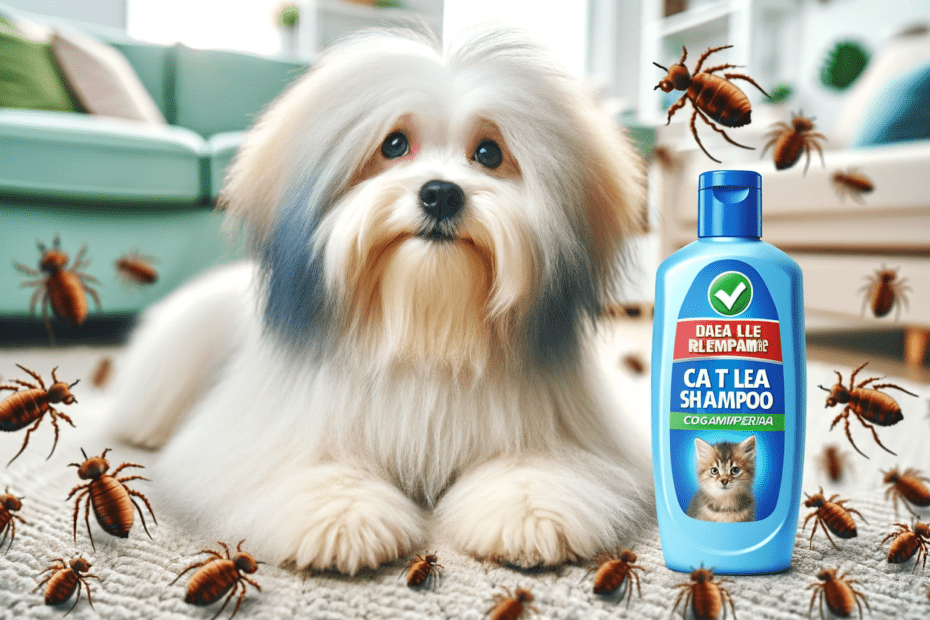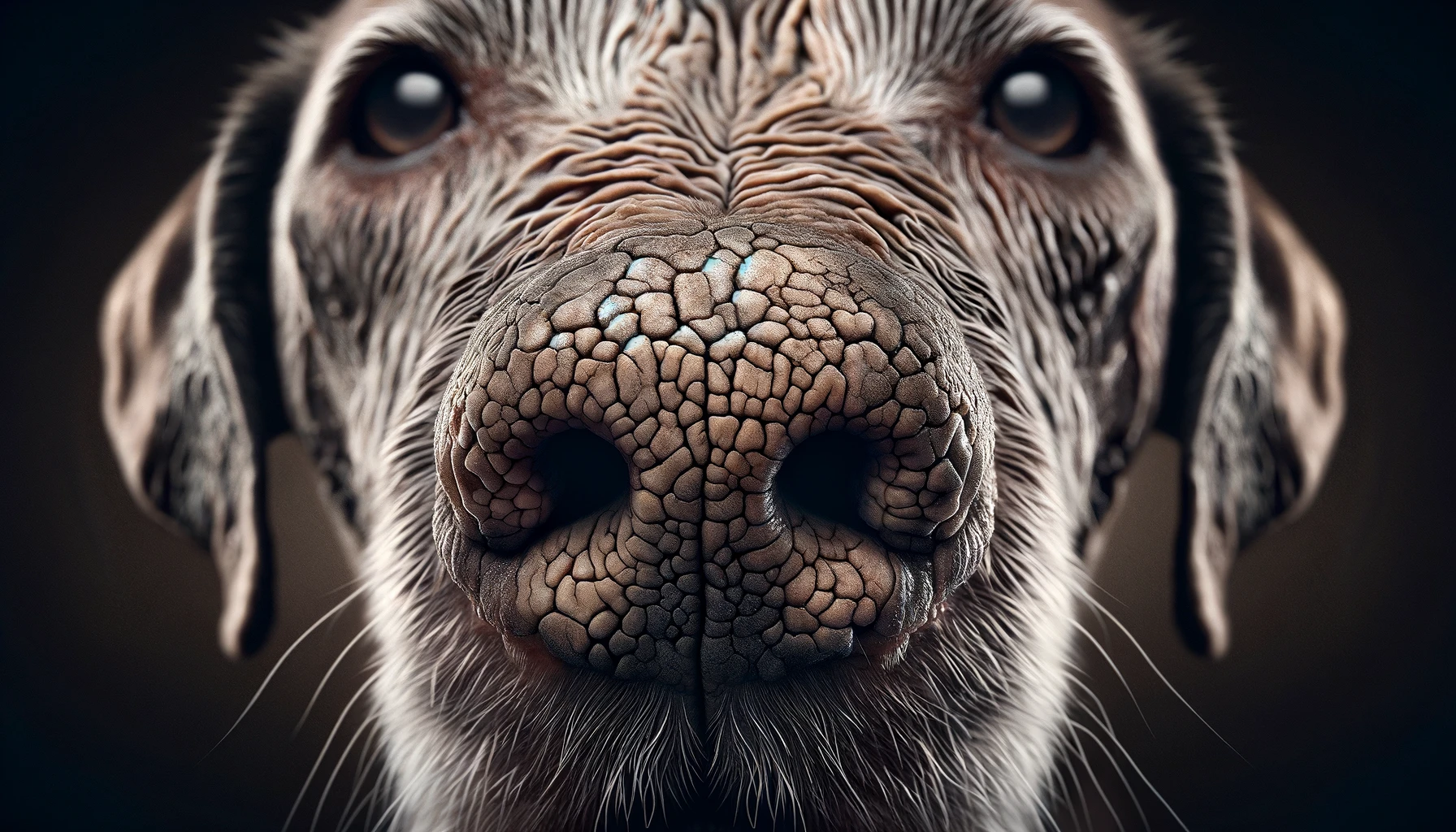In the realm of pet care, it is crucial to understand the unique needs of different animals, particularly when it comes to grooming and parasite prevention.
This article aims to provide accurate and authoritative information regarding the use of cat flea shampoo on dogs.
By exploring the potential risks, safe alternatives, and tips for preventing fleas in dogs, pet owners can make informed decisions about their canine companions' health and well-being.
Key Takeaways
- Dogs have a different pH level on their skin compared to cats, making them more susceptible to irritation and adverse reactions from certain products.
- Cat flea shampoos may contain ingredients that could be harmful or irritating to dogs.
- Some cat flea shampoos contain chemicals that are safe for cats but can be toxic to dogs.
- It is essential to use products specifically formulated for dogs to ensure their safety.
Understanding the Differences in Skin and Coat Needs
The understanding of the differences in skin and coat needs between cats and dogs is crucial when considering the use of cat flea shampoo on dogs. Dogs have a different pH level on their skin compared to cats, making them more susceptible to irritation and adverse reactions from certain products. It is important to note that cat flea shampoos are specifically formulated for the needs of cats and may contain ingredients that are not suitable for dogs.
One important factor to consider is the difference in pH levels between cats and dogs. Dogs have a more alkaline pH level on their skin, ranging from 6.2 to 7.4, while cats have a more acidic pH level of around 5.5. This difference in pH can affect the effectiveness and safety of products designed for one species when used on the other.
Regular grooming is also crucial for maintaining a dog's skin and coat health. Dogs have different coat types, such as short, long, curly, or double coats, which require different grooming techniques and products. Regular brushing helps to remove loose hair, prevent matting, and distribute natural oils, which keeps the skin and coat healthy. Additionally, grooming allows for early detection of any skin issues or parasites, like fleas, which can then be addressed promptly.
Understanding the unique skin and coat needs of dogs is essential in choosing the right products for their care. While cat flea shampoo may be effective for cats, it is recommended to consult with a veterinarian and choose a flea shampoo specifically formulated for dogs to ensure their safety and well-being.
Potential Risks of Using Cat Flea Shampoo on Dogs
Using cat flea shampoo on dogs carries potential risks that pet owners should be aware of. While cat flea shampoos are specifically formulated for cats, some pet owners may consider using them on dogs due to convenience or cost-saving reasons. However, it is important to note that cat flea shampoos may contain ingredients that could be harmful or irritating to dogs.
One of the main risks associated with using cat flea shampoo on dogs is the potential for allergic reactions. Cats and dogs have different skin sensitivities, and what may be safe for a cat may not be safe for a dog. Dogs are more likely to develop skin irritations, rashes, or even severe allergic reactions when exposed to certain ingredients found in cat flea shampoos.
Another risk is the potential for toxicity. Some cat flea shampoos contain chemicals that are safe for cats but can be toxic to dogs. Dogs may ingest these chemicals while grooming themselves after being bathed with cat flea shampoo, leading to digestive issues or even poisoning.
To ensure the safety of your dog, it is essential to use products specifically formulated for dogs. It is recommended to consult with a veterinarian to determine the most suitable flea treatment for your dog, taking into consideration their individual needs, sensitivities, and any existing health conditions.
Safe Alternatives for Flea Treatment in Dogs
Safe alternatives for flea treatment in dogs include using products specifically formulated for dogs and consulting with a veterinarian for the most suitable options for your pet. While there are several natural remedies that can help repel and kill fleas, it is important to note that their effectiveness may vary.
Natural remedies such as essential oils, herbal flea sprays, and homemade flea repellents can be used as a preventive measure or in conjunction with other flea treatments. However, it is essential to consult with a veterinarian before using any natural remedies to ensure their safety and efficacy for your specific dog.
Another safe alternative for flea treatment in dogs is the use of flea collars. Flea collars are designed to release chemicals that repel and kill fleas, providing long-lasting protection for your pet. These collars are typically waterproof and can be worn continuously for several months. It is important to choose a flea collar that is specifically designed for dogs and to follow the manufacturer's instructions for proper use.
How to Choose the Right Flea Shampoo for Dogs
To select the appropriate flea shampoo for dogs, it is crucial to consider their specific needs and consult with a professional veterinarian. When choosing a flea shampoo, it is important to prioritize the health and safety of your furry friend. One option to consider is natural flea treatments, which are formulated with ingredients that are less likely to cause adverse reactions in dogs. These products typically contain essential oils, such as neem oil or lavender oil, which have natural insect-repellent properties. However, it is important to note that even natural ingredients can cause allergies or sensitivities in some dogs. Therefore, it is essential to carefully read the labels and follow the instructions provided by the manufacturer.
Another factor to consider when choosing a flea shampoo is the importance of regular grooming. Regular grooming not only helps to keep your dog's coat clean and healthy but also plays a crucial role in preventing and managing flea infestations. By keeping your dog's coat well-maintained, you can help to remove fleas and their eggs, reducing the risk of reinfestation. Additionally, grooming allows you to closely inspect your dog's skin for any signs of fleas or other skin issues.
Tips for Preventing Fleas in Dogs
Regular preventative measures are essential for keeping dogs flea-free and protecting their health. One effective method is the use of dog flea collars. These collars are designed to repel fleas and ticks, preventing infestations before they occur. They release chemicals that are toxic to these pests, effectively keeping them away from your furry friend. It is important to choose a collar that is specifically designed for dogs, as cat flea collars may contain ingredients that are harmful to them.
In addition to using flea collars, there are also natural flea prevention methods that can be used. These methods are often preferred by pet owners who want to avoid the use of chemicals on their dogs. Natural prevention methods include regular grooming, such as brushing your dog's fur to remove any fleas or eggs. You can also use natural flea repellents, such as essential oils like lavender or neem oil. These oils can be diluted with water and sprayed onto your dog's coat to repel fleas.
Frequently Asked Questions
Can I Use Cat Flea Shampoo on My Dog if They Have Sensitive Skin?
Using cat flea shampoo on dogs with sensitive skin requires caution.
While cat flea shampoos may contain similar active ingredients as dog flea shampoos, they may be formulated differently and may not be suitable for dogs.
It is important to consult a veterinarian before using cat flea shampoo on dogs, especially those with sensitive skin.
Potential side effects may include skin irritation, allergic reactions, and dryness.
It is advisable to use products specifically designed for dogs to ensure safety and effectiveness.
Can I Use Cat Flea Shampoo on My Dog if They Are Pregnant?
Using cat flea shampoo on dogs if they are pregnant can pose potential risks. The ingredients in cat flea shampoo may not be suitable for pregnant dogs and could potentially harm the developing puppies. It is recommended to consult with a veterinarian before using any flea shampoo on a pregnant dog.
Similarly, if a dog has a compromised immune system, it is advisable to consult with a veterinarian before using cat flea shampoo. This is because it may further weaken the immune system and potentially cause adverse reactions.
Can I Use Cat Flea Shampoo on My Dog if They Have a Skin Infection or Open Wounds?
Using cat flea shampoo on dogs with skin infections or open wounds is not recommended. The active ingredients in cat flea shampoo may be too harsh for dogs and can further irritate their already compromised skin.
It is important to consult with a veterinarian for appropriate treatment options for your dog's specific condition. They can recommend safe and effective products that are specifically formulated for dogs with skin infections or open wounds.
Can I Use Cat Flea Shampoo on My Dog if They Have Allergies?
Using cat flea shampoo on dogs with allergies may not be recommended. Cats and dogs have different skin pH levels, and cat flea shampoos may contain ingredients that could be irritating or harmful to dogs, especially those with sensitive skin or allergies.
It is advisable to consult a veterinarian for alternative flea treatments that are specifically formulated for dogs with sensitive skin. These treatments can effectively address flea infestations without exacerbating allergy symptoms or causing any adverse reactions.
Can I Use Cat Flea Shampoo on My Dog if They Are a Puppy or a Senior Dog?
Using cat flea shampoo on dogs, especially puppies or senior dogs, is not recommended. Cat flea shampoos are specifically formulated for cats and may contain ingredients that are harmful or irritating to dogs. It is important to use dog-specific flea shampoos that are designed to meet the specific needs and sensitivities of dogs.
Similarly, using dog flea shampoo on cats is also not recommended as it may contain ingredients that are toxic to cats. It is best to consult with a veterinarian for the appropriate flea treatment for your pet.
Conclusion
In conclusion, it is not recommended to use cat flea shampoo on dogs due to the differences in their skin and coat needs. Using cat flea shampoo on dogs can potentially pose risks to their health.
Instead, it is advisable to use safe alternatives specifically formulated for flea treatment in dogs. When choosing a flea shampoo for dogs, it is important to consider their individual needs and consult with a veterinarian if necessary.
Additionally, implementing preventative measures can help in keeping dogs flea-free.






